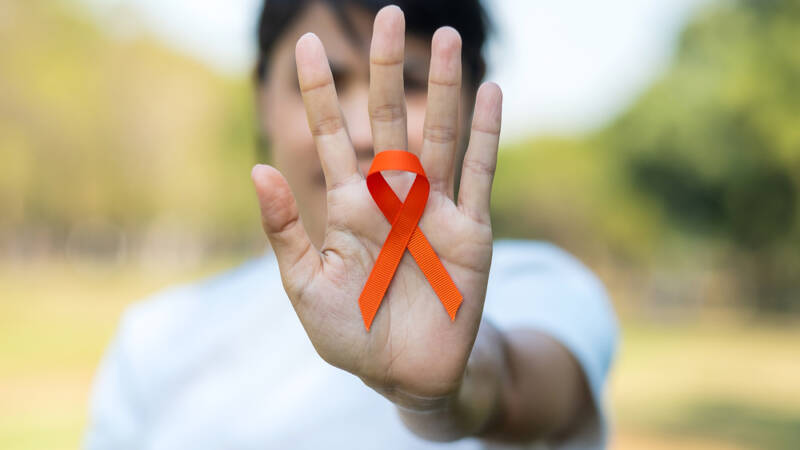Early Warning Signs of Kidney Cancer

Kidney cancer, also known as renal cancer, is a condition in which the cells of the kidney become malignant (cancerous) and grow out of control, resulting in a tumor. Most of the kidney malignancies begin in the lining of the kidney’s small tubes (tubules).
Most kidney tumors are discovered before they spread to other organs (metastasize). Cancers that are detected early on are often easier to treat. Most commonly found in the age group 65-74, kidney cancer is estimated to be diagnosed in 76,080 adults in the U.S.
Early Warning Signs
Kidney cancer is often detected when a person undergoes an imaging test, such as an ultrasound, magnetic resonance imaging (MRI), or computed tomography (CT) scan for another cause. Commonly, symptoms only start to arise when the tumor becomes large enough to damage neighboring organs, as kidney cancer tends to be painless in its early stages.
The following early symptoms or indications may be experienced by those who have kidney cancer:
- Blood the urine
- Pain or pressure in side or low back
- A lump or mass in the side or rear of the body
- Appetite loss
- Weight loss
- Fatigue
- Anemia, a condition in which the number of red blood cells in the body is abnormally low
- Persistent fever without infection
Several patients with kidney cancer do not experience any of these symptoms. In some situations, a symptom might be caused by a medical condition other than cancer.
Treatment Options For Every Stage
Your doctor’s treatment will be based on the stage of your kidney cancer and your general condition. This section summarizes the treatment options for each stage of kidney cancer:
Stage I
Cancer in patients with stage I renal cell cancer (RCC) is less than 7 cm in diameter (about 3 inches). The malignancy has not migrated to lymph nodes or distant locations and is confined to the kidney. Patients with stage I renal cell cancer can be cured with surgery.
Low-risk malignancies are monitored with active surveillance using frequent imaging examinations during, and surgery is performed when the disease shows signs of spreading.
Stage II
Cancer in patients with stage II renal cell cancer is bigger than 7 cm in diameter. Cancer has not migrated to the lymph nodes or any distant locations. Patients with stage II renal cell cancer can be cured if the malignancy is surgically removed.
The usual therapy for malignancies of this size is a radical nephrectomy, which involves the removal of the whole afflicted kidney. However, a partial nephrectomy, which involves removing only the tumor and a small margin of normal tissue, is done leaving the healthy parts of the kidney in place.
Stage III
Though the size of stage III renal cell cancers varies, they always have one thing in common: the cancer has progressed to a single lymph node. Cancer may also have spread to adjacent blood arteries, such as the renal veins or the vena cava.
Surgery to remove the diseased kidney impacted lymph nodes, any additional cancer that has spread around the kidney, and associated adrenal gland and fatty tissue, is the most common treatment for stage III. Surgeries involve partial nephrectomy and radical nephrectomy, based on the position, size, and number of tumors.
Stage IV
Cancer in stage IV has spread to distant lymph nodes or organs. Though rare, surgery is performed to remove both the kidneys and the area surrounding cancer if the person is healthy. Radiation is also performed to treat the area of cancer spread.
Combinations of immunotherapy and targeted therapy are provided to the patient. Alternative and complementary therapies are also advised to aid in the healing process.
If you have any of the symptoms above, search online for more information and contact your doctor to seek medical advice and care.